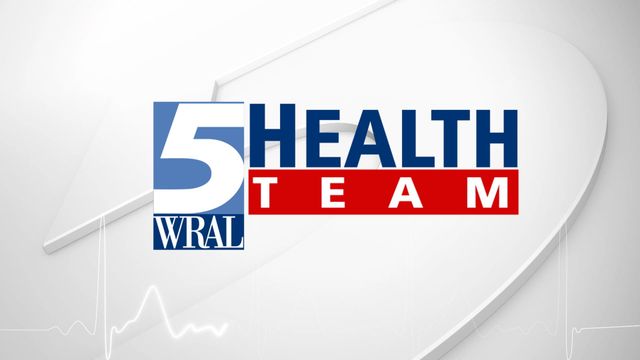Fear of Unknown Often Keeps People Away From Colonoscopy
White House spokesman Tony Snow's fight with cancer that began in his colon and has spread to his liver draws new attention to the disease and the importance of early detection.
Posted — UpdatedRobert Higgins, 54, had a colonoscopy early in 2006, so he knows the easy part is the actual procedure. A strong medication and sedative can make it painless.
It was the 24 hours of preparation that was a bit tougher for Higgins, who also has Parkinson's disease.
"Yes, (it is) a challenge for him because it's hard for him not to eat," said Jacqueline Higgins, Robert's wife.
"That was kind of hard, because I never fasted before," said Robert Higgins.
Poleski said patients can only consume clear liquids 24 hours before the procedure. Patients are also given a series of laxatives to further clear the colon of any stool that might block the doctor's view.
Poleski said for most patients, the worst part of the procedure is cleaning themselves out.
"It's a little uncomfortable, as you can imagine," he said.
However, Higgins said the results were worth the short inconvenience. He had polyps—small growths that could become cancerous. On a follow-up exam, Poleski found a few more new growths, which he removed with tiny forceps at the camera end of the colonoscope.
Poleski said polyps grow like mushrooms on the wall of the colon. They begin looking like small pale bumps, which he found in Higgins' ascending colon. The small bleeding from the polyp removal will heal quickly and the tissue will be tested.
"By picking off these polyps—by removing them—we are actually doing more than just finding cancer. We're actually preventing cancer," Poleski said.
Otherwise, Higgins' colon is clean, which is one less thing for him and his wife to worry about.
"I'm glad that we did it and we found out ahead of time that he had polyps and we removed them before they became a problem," said Jacequeline Higgins, who also had a colonoscopy after her husband's first procedure last year.
Colorectal cancer is the third-most-common cancer and the second-leading cause of cancer deaths in the United States.
For most people, age 50 is the time to schedule a colonoscopy. African-Americans are at higher risk, so they may consider screening beginning at age 45. A third group is those people with a strong family history of colorectal cancer. They should consider screening at least 10 years earlier than their family member was diagnosed.
• Credits
Copyright 2024 by Capitol Broadcasting Company. All rights reserved. This material may not be published, broadcast, rewritten or redistributed.





